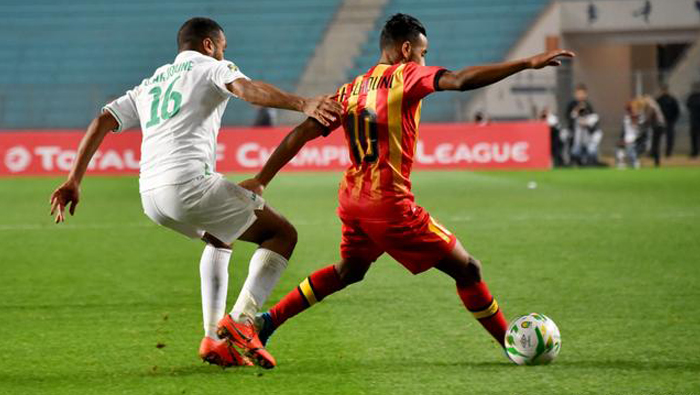
Ghana: Much like their counterparts around the world, the Confederation of African Football (CAF) officially suspended play in March. The situation on the continent is complicated and differs wildly from the realities in Europe.
Africa has already experienced epidemics such as Ebola outbreak in March 2014, the deadliest episode of the disease since its first detection in 1976. During the outbreak, the CAF chose not to suspend football. Games in the countries where the epidemics broke out were relocated to avoid the regional threat.
Past outbreaks mean Africa is not experiencing the coronavirus pandemic like other continents. As of May 11, Africa had recorded just over 64,500 cases of COVID-19 and around 2,000 deaths, according to data from Johns Hopkins University — numbers that pale in comparison to the contamination rate in Europe.
Despite alarming predictions about the potential impacts of the health crisis, the question of whether African football can recover has been raised.
No resumption imminent
In an interview with DW, CAF president Ahmad Ahmad highlighted the difference in context, pointing out that it is not easy to draw conclusions when so few tests have been carried out.
"As we see the ratio of tests that have been carried out in these countries, it is always alarming because we lack visibility in the management of this pandemic," he said.
As a result, CAF remains cautious. Ahmad has been clear on the future of a probable resumption of football. For him, there is something more important for the people of Africa right now.
"There is a lack of visibility. We must wait. As president, I invite everyone to be very careful and wait for the situation to normalize. But beyond that, I do not want football to be a source of destabilization for the precautionary measures taken by the various governments to deal with the pandemic," he said.
Most African governments are actively encouraging hand washing and social distancing, but are up against a unique set of challenges. "The whole world is facing a very important health crisis, and every country on the continent of Africa has its own way of dealing with it."
"We have taken to stop football activities altogether. Our priority is first and foremost health, protecting players, protecting officials, and protecting the public."